Election 2022: Labor in a United state of mind
Australia’s US alliance would be at the core of an Albanese government’s foreign policy. But can it achieve a China reset?
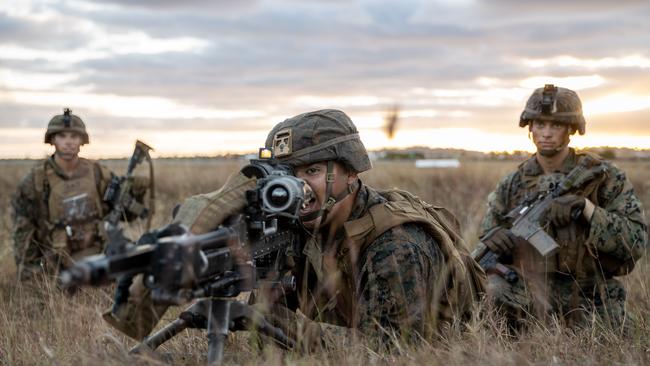
If Labor wins Saturday’s election a new era in Australia-US relations will begin almost immediately, with incoming prime minister Anthony Albanese likely to meet with Joe Biden next week in Tokyo.
Although the two would meet as a part of the leaders summit of the four-nation Quadrilateral Security Dialogue, including Japan’s Fumio Kishida and India’s Narendra Modi, it would be Biden’s first chance to view Australia’s new leader on the world stage and gauge his approach to the alliance and the key strategic challenges facing the region.
For the US President, it would be a chance to get to know Albanese better – the two have met several times before – but more importantly it would allow Biden to hear Albanese’s unvarnished views about China, the US and the region, free from the rhetorical constraints imposed by this election campaign.
“I think the Americans will have some questions in their mind about Albanese and his approach,” says Peter Jennings, former head of the Australian Strategic Policy Institute. “They will have heard these very frequent claims to bipartisanship on the big strategic issues but they will also be aware that Albanese has really used that as a way to avoid having discussions on defence rather than to say what Labor would actually do. So I think it would be a positive reception (from Biden) with also some questions there.”
Throughout this campaign, Albanese and Labor foreign affairs spokeswoman Penny Wong have repeatedly underlined Labor’s commitment to the US alliance and their desire for a stronger US presence in the Indo-Pacific. Labor’s message to Washington has been that a change of government will not lead to either a downgrading of the alliance or a softening of Australia’s approach to China.
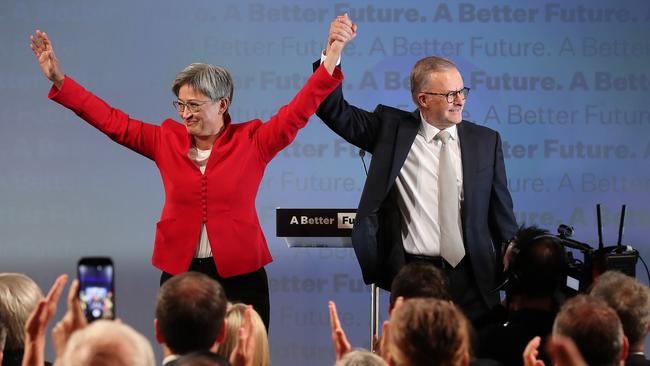
“The alliance with the United States is a central pillar of Labor’s foreign policy,” Wong tells Inquirer. “The US is our most important partner and our key strategic and security partner, they remain the indispensable nation.
“We would be an energetic and trusted alliance partner,’’ she says, adding that she wants Australia to “step up within the alliance to demonstrate our value-add by being the partner of choice in the region, particularly in the Pacific and Southeast Asia”.
But there are many questions about how an Albanese government would approach the Australia-US relationship. Will it hold the line against China as Washington would like? Will it honour and promote the AUKUS agreement between Australia, the US and UK, to acquire nuclear submarines? Will it continue the pattern of rising defence spending? How will it partner with the US to prevent setbacks in the South Pacific like the Solomon Islands security deal with China?
Albanese says Labor is not weak on national security and has historically been the party that has stepped up relations with the US. “The strength can really be traced to the great John Curtin, who turned to America in our darkest hour,” Albanese told a gala dinner at Parliament House in March to celebrate the 70th anniversary of ANZUS.
He points out that it was a Labor prime minister, Julia Gillard, who secured the rotation of US Marines through Darwin, greater use of Australian airfields in the north and west, and the promise of increased US Navy use of Perth’s HMAS Stirling.
But Labor still wrestles with some wariness towards the US from corners of the party’s far left, as well as having to deal with the increasingly strident anti-American views of its elder statesman, Paul Keating.
Michael Fullilove, executive director of the Lowy Institute, recently returned from Washington where he met with senior Biden administration officials, and says he believes they are “very comfortable” with the prospect of dealing with a Labor government.
“They accept that Labor would proceed with the nuclear submarines. They understand that Australia’s debate on China has changed forever, because China has changed. They would also be glad to see more ambition from Australia on climate change policy,” he says.
Fullilove also believes there is scope for Biden and Albanese to forge a good personal relationship given the similarities in their personal stories.
“There was a time when Australian prime ministers had few regular opportunities to sit down with world leaders. But now, with APEC, the G20 and the Quad, the opportunities to form personal relationships come thick and fast,” he says.
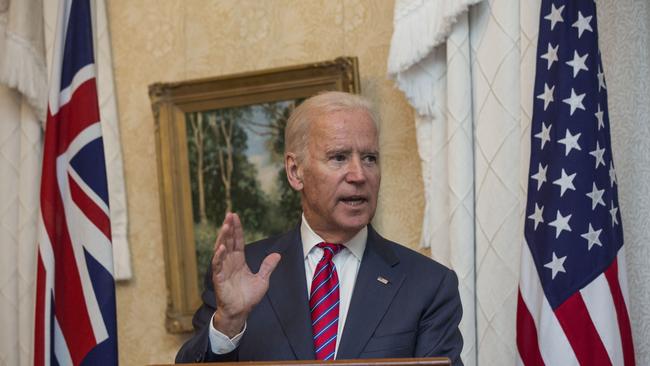
“If the chemistry is right, Albanese could form a nice personal relationship with President Biden. They are both career politicians who pride themselves on their hardscrabble roots. Biden is the Amtrak President, who for a long time prided himself on being the poorest member of congress. Albanese grew up as the only son of a single mum in public housing in inner Sydney.”
Albanese has known Biden for years, meeting him “on a couple of occasions” when he was vice-president to Barack Obama. He has known other key players such as Secretary of State Antony Blinken and Biden’s chief Asia adviser, Kurt Campbell, for decades.
On some issues, such as climate change, the Biden administration could be expected to work more closely with an Albanese government than it has with the Morrison government.
“The Biden administration has taken a much more forward-leaning position on climate and Mr Morrison’s government is out of step with our principle ally on climate,” says Wong. “You would anticipate, from what we have said both domestically and in terms of our international position, that we would be much more aligned to where the US is on climate.”
Jennings believes the key alliance test for an Albanese government would come early next year when the tough decisions need to be made on translating the AUKUS pact into a coherent plan to produce nuclear-powered submarines.
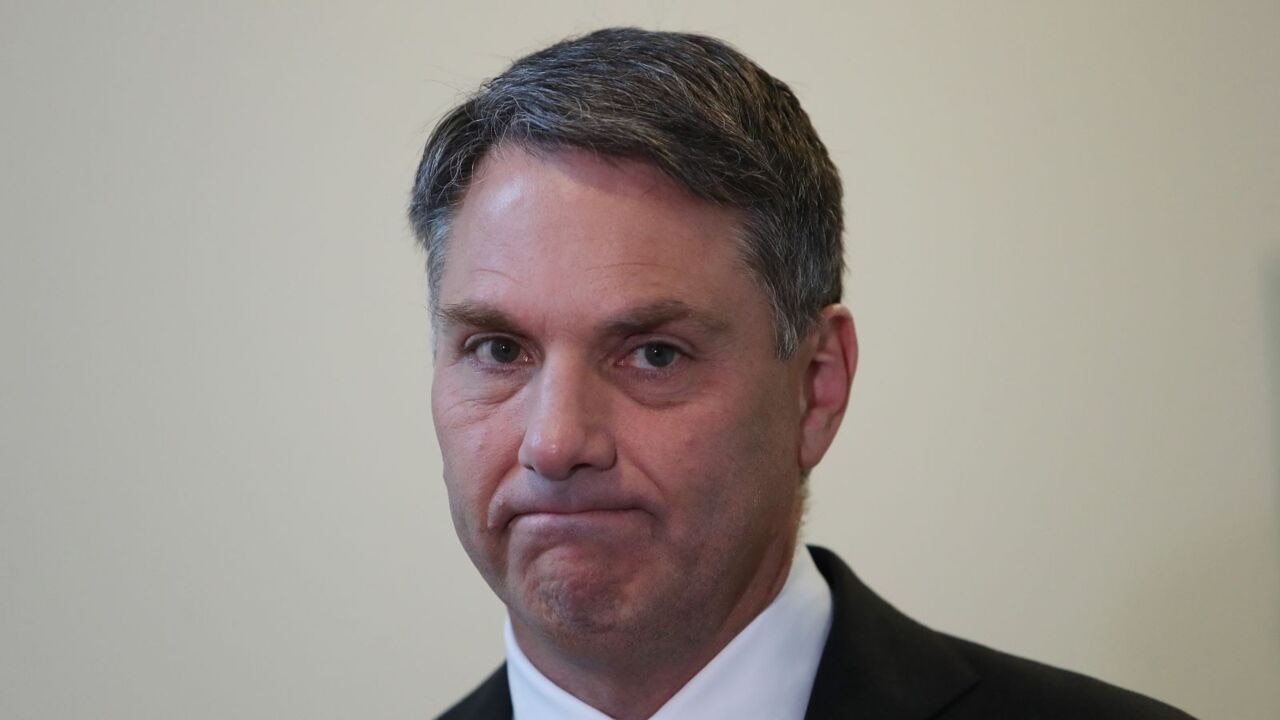
“As I understand it, that plan is going to have some serious dollars attached to it as estimates develop as to the real cost of the nuclear-powered boats and the infrastructure you need to build and support them,” he says. “It’s going to be expensive and it’s going to be the thing that will take defence spending as a percentage of gross national product to perhaps 3 per cent or more. And what will Labor’s reaction be to that given that there are still doubts in sections of the party about nuclear propulsion? I think that’s where the biggest test of the alliance relationship will come.”
Wong insists a Labor government will commit to AUKUS for the long term. “We are committed to this partnership, we understand how important it is and we understand that both the partnership and the submarines are multi-decade propositions and will have to be stewarded by both parties of government.”
Fullilove believes a Labor government would stick with AUKUS for both strategic and political reasons.
“Labor gave a quick yes on AUKUS and the nuclear submarines and they have been consistent on the point ever since,” he says. “In a world in which Russia is on the march and China is leaning forward, nuclear-powered submarines would give Australia significant deterrent power. The capability makes policy sense as well as political sense.”
On China, Wong says senior figures in the White House, including Blinken and Campbell, are fully aware of Labor’s commitment to maintaining a tough approach to China – a position Washington supports.
“They (the Biden administration) are very aware of where Labor is on China and on the Pacific,” she says.
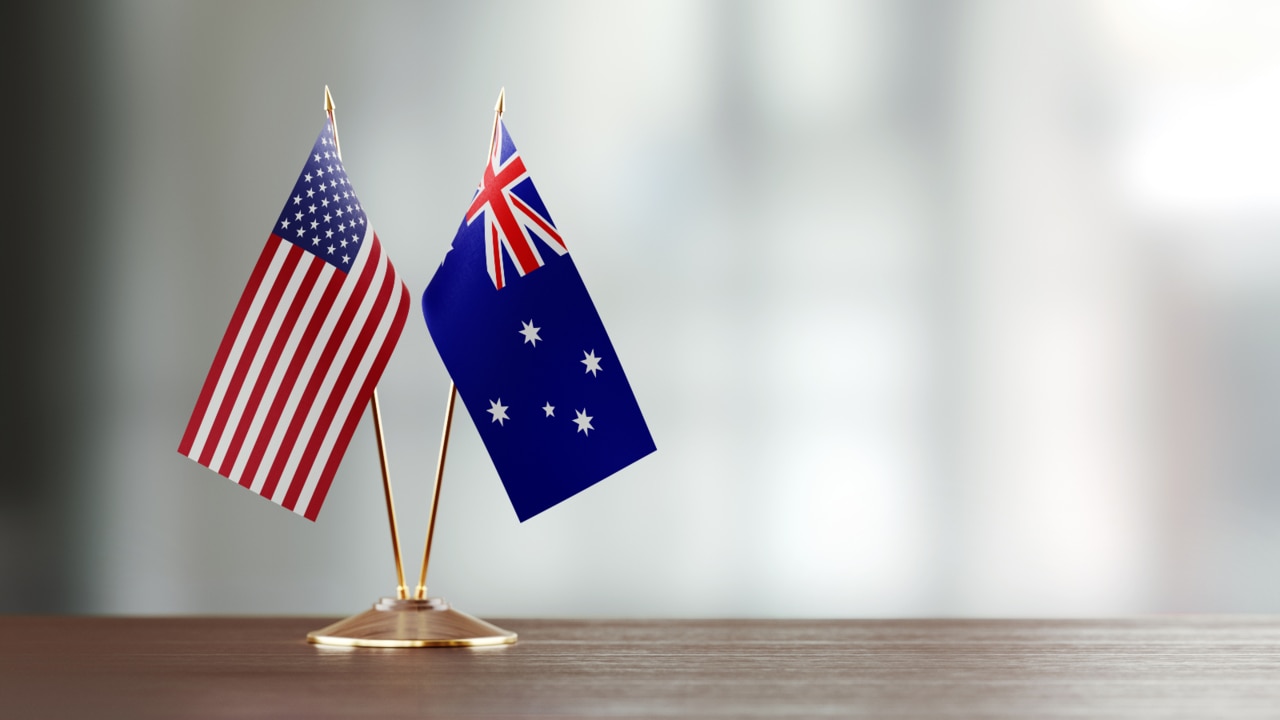
But Jennings believes an Albanese government might seek to reset the Australia-China relationship at the margins in the hope of improving ties.
“I fully expect there will be some attempt to reach out to say can we have a fresh conversation with China because that does appear to be deep inside Labor’s DNA. And I think for them it’s going to be a pretty rough induction into the intelligence community’s view about the direction that China is on, and so it’s going to be a clash of hope over reality and we have to see how that plays out.”
Jennings says Washington is likely to view any such move with “some concern”. “But they will start in a positive place as they were with any new government. I think Kurt Campbell will be keen to persuade an Albanese government that the current policy settings broadly are right,” he says.
On the South Pacific, Wong is highly critical of the Morrison government’s handling of the region, describing the security deal between the Solomons and China as a “grave failure” of diplomacy. She says a Labor government would look to work more closely with Washington on the South Pacific than Australia has previously.
“We all know what is happening in the Pacific, our Pacific family has many other potential partners. For us to ensure we secure (the) region, we not only have to do more as Australia, we have to work more closely with the US and others,” she says. “You will see greater energy put into engagement with Pacific Island nations.”
Fullilove says the Americans have also waxed and waned in their commitment to the South Pacific but the setback in the Solomons makes closer co-ordination with Australia necessary.
“In relation to Solomon Islands, the Americans know they are not without sin,” he says. “They haven’t had an ambassador in Honiara in decades. In Washington, officials see China probing for vulnerabilities and looking for basing opportunities in a number of different regions, so the Solomon Islands pact was probably less of a shock for them than it was for us.”
If an Albanese government is true to the commitments it has made during this campaign about the US, China, the Pacific and AUKUS, then there is no reason to believe that Australia’s most important alliance would suffer under Labor.




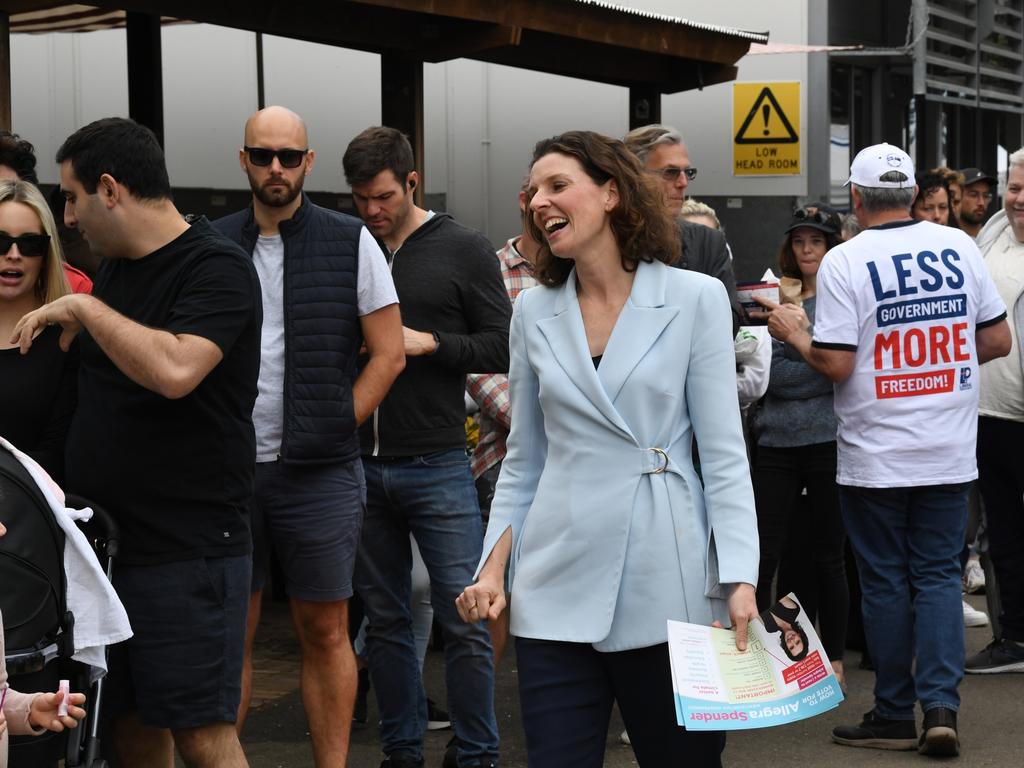
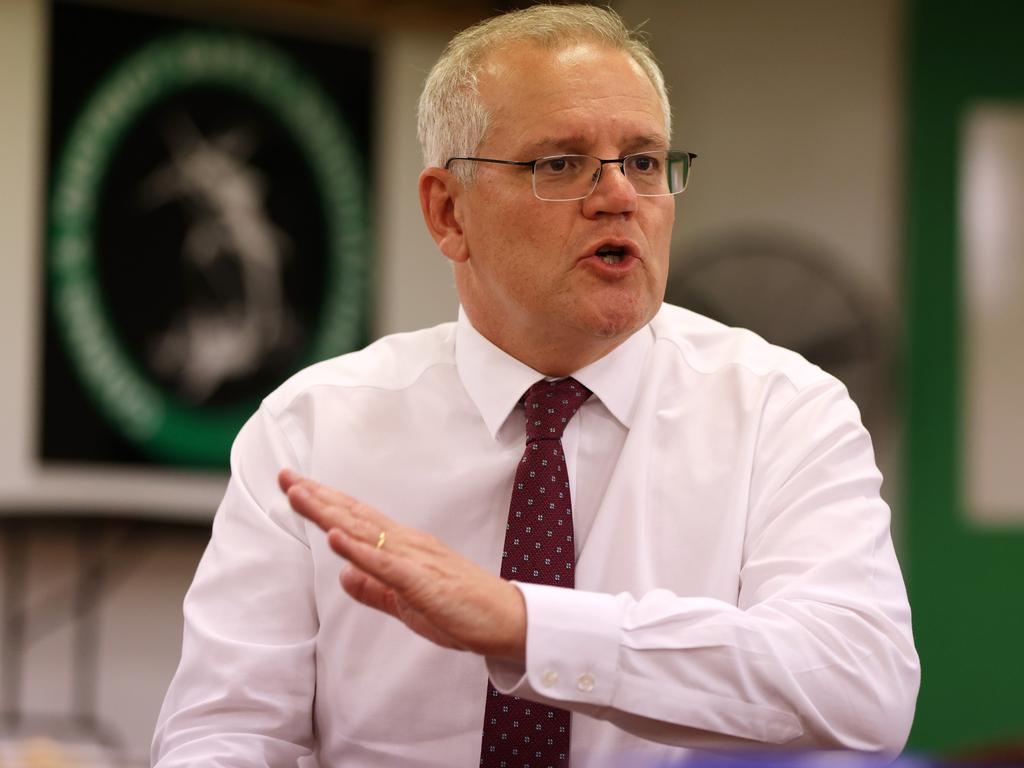
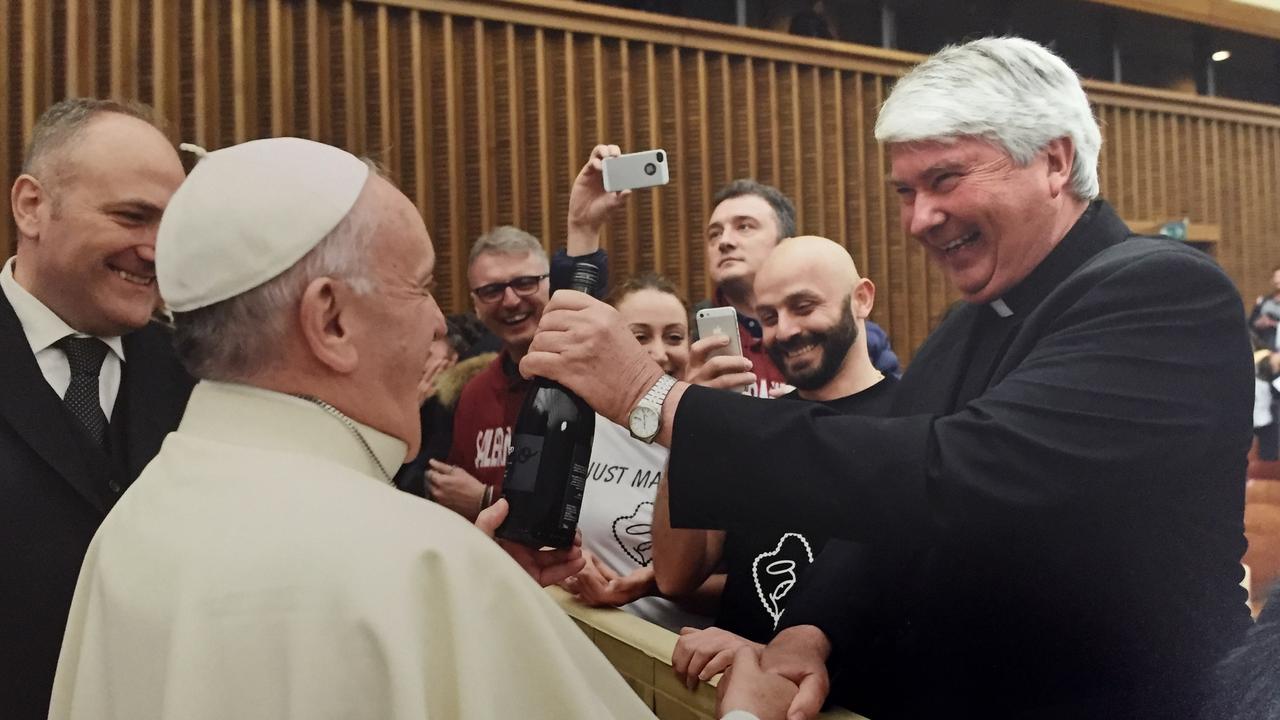
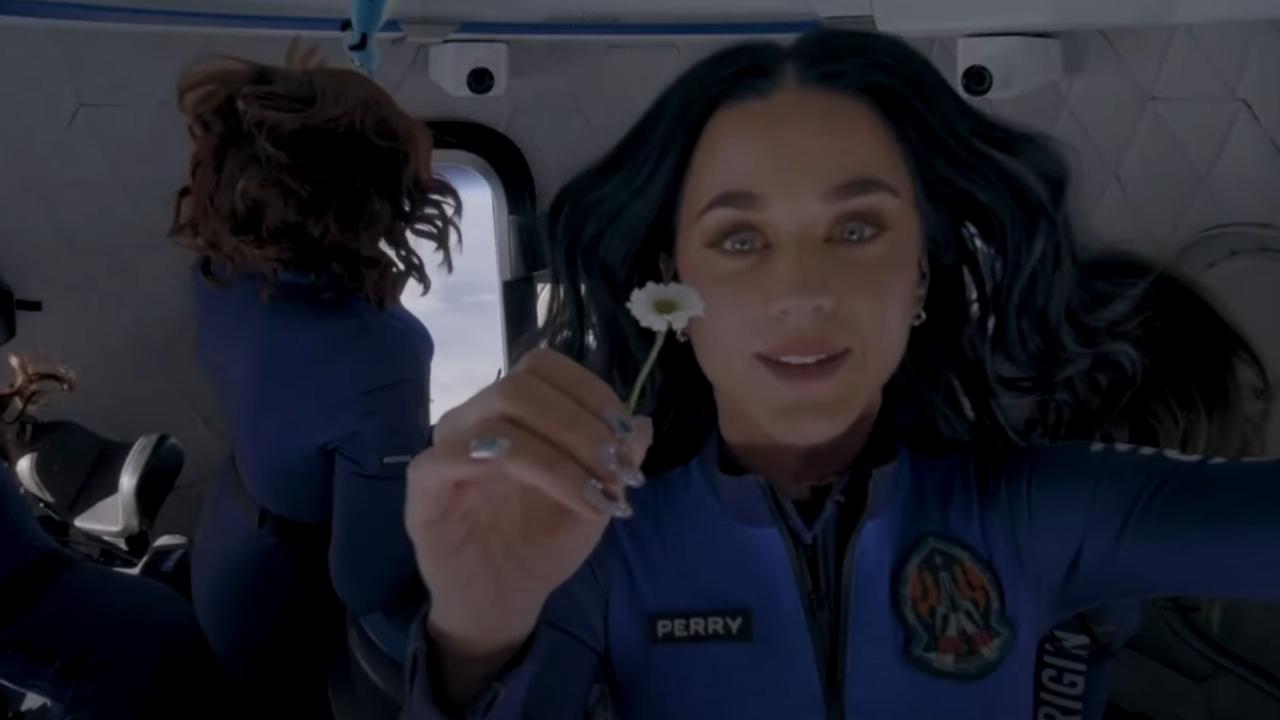
To join the conversation, please log in. Don't have an account? Register
Join the conversation, you are commenting as Logout